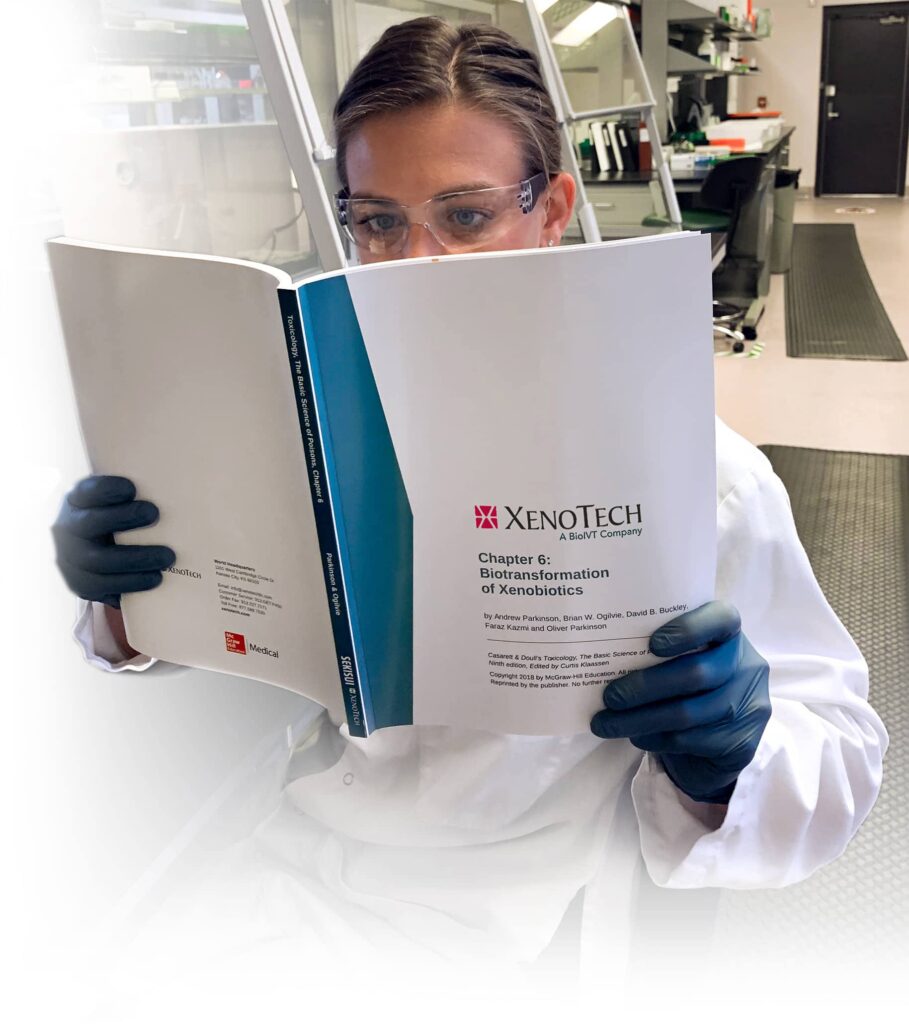
BCRP Transport Inhibition
Full Title
System-dependent inhibition of BCRP transport by high- and low-permeable compounds in bi-directional MDCKII cells and membrane vesicles
Abstract
Breast cancer resistance protein (BCRP, ABCG2) is an efflux transporter that blocks absorption at the apical membrane of enterocytes in the intestine, blood-testis barrier, blood–brain barrier, mammary gland and other cells. At the apical membranes of hepatocytes and renal proximal tubule cells, BCRP enhances excretion and elimination of xenobiotics. Inhibition of BCRP by drugs or xenobiotics has the potential to cause pharmacokinetic drug-drug interactions whereby increasing the exposure of co-administered compounds typically excreted from cells by BCRP. For example, inhibition of BCRP in the intestine upon oral administration of GF120918 caused a 2.4-fold increase in the AUC of topotecan, a BCRP substrate.
Therefore, the recent FDA and EMA Guidance recommends evaluation of BCRP inhibition by new drug candidates, which is typically conducted in one of two test systems: 1) Bi-directional cell-based transport assays (e.g. MDCKII-BCRP cells) or 2) BCRP-expressing inverted membrane vesicles. In the case of cell-based assays, BCRP function is evaluated by measuring active efflux across the cell monolayer in the apical to basal direction inasmuch as the substrate binding site(s) is located inside the cell. Conversely, BCRP function in inverted membrane vesicles is evaluated by monitoring the uptake of a probe substrate into the vesicles inasmuch as the substrate binding domain is located on the outside of the vesicle and is exposed to free drug available in the incubation medium. Because of this difference in substrate or inhibitor exposure to the substrate binding domain of BCRP, compounds with various intrinsic permeabilities may cause test system-dependent inhibition of BCRP in vitro.
In this study, we evaluated the system-dependent effects of both a high- and low-permeability compounds on BCRP-mediated efflux, namely Ko143 and sulfasalazine, in MDCKII-BCRP cells and BCRP-expressing membrane vesicles. Ko143 is a potent and specific inhibitor of BCRP with moderate permeability (predicted logD7.4 >2 and total polar surface area (TPSA) of ~98 Å2) as referenced in Table 1. Sulfasalazine, an anti-inflammatory agent, was reported to cause potent inhibition of BCRP transport (IC50 ~ 1 µM) in BCRP-expressing oocytes. However, sulfasalazine, with a predicted logD7.4 ~ 0 and TPSA of >140 Å2 (Table 1), is poorly absorbed with limited permeability across physiological membranes. We hypothesize that, due to limited membrane permeability, sulfasalazine would cause significantly less inhibition of BCRP transport in cell-based assays.